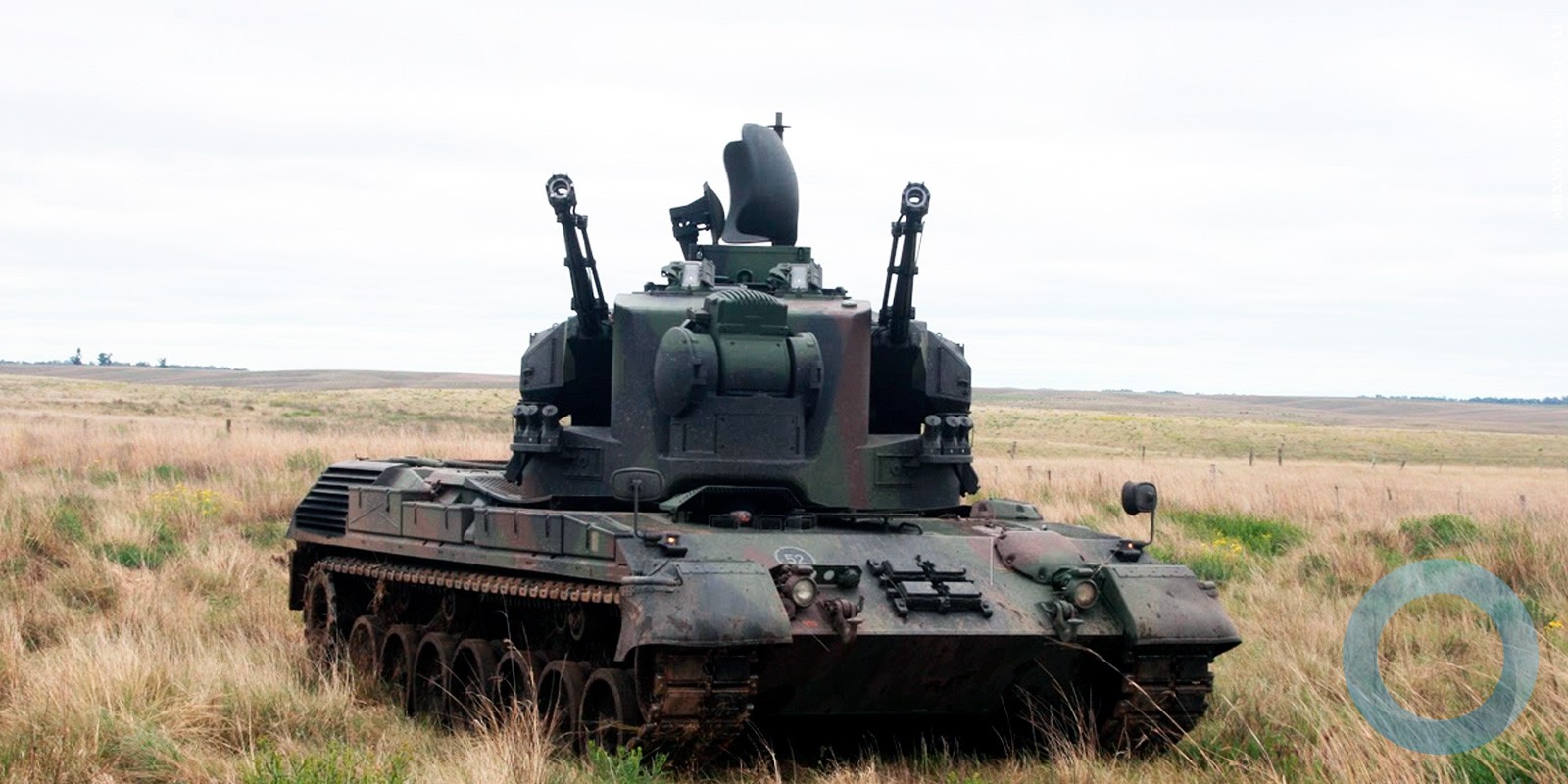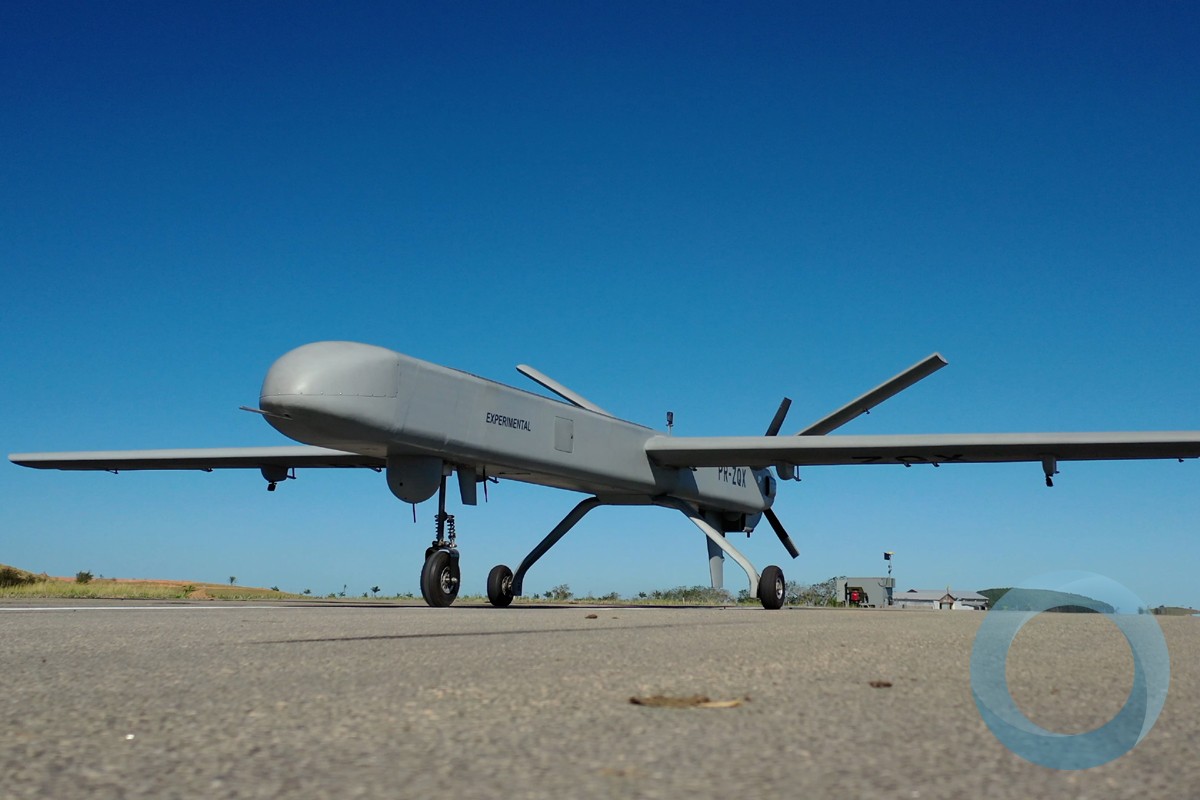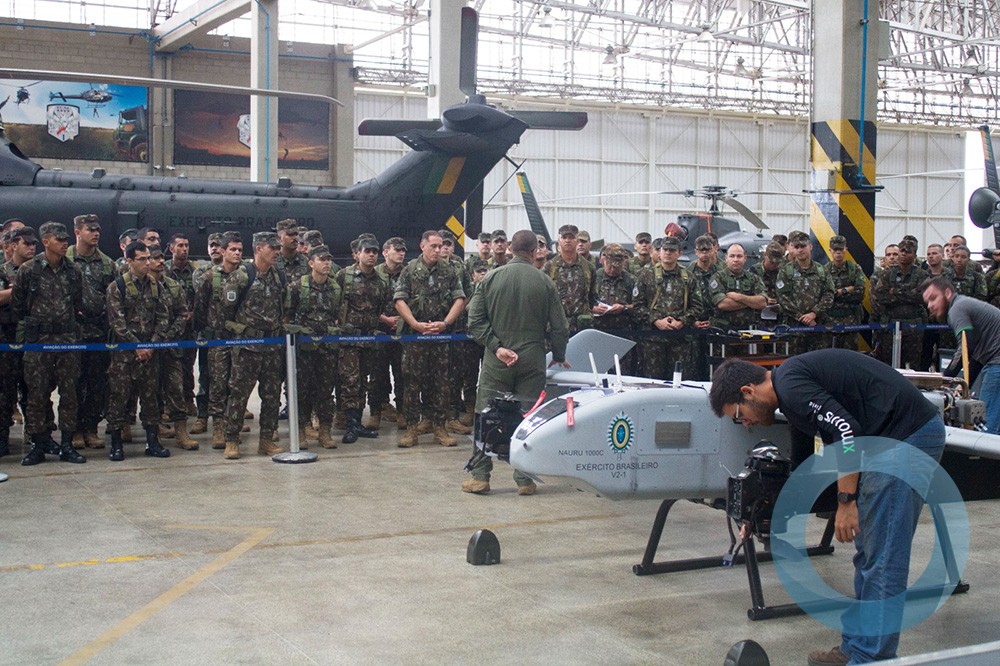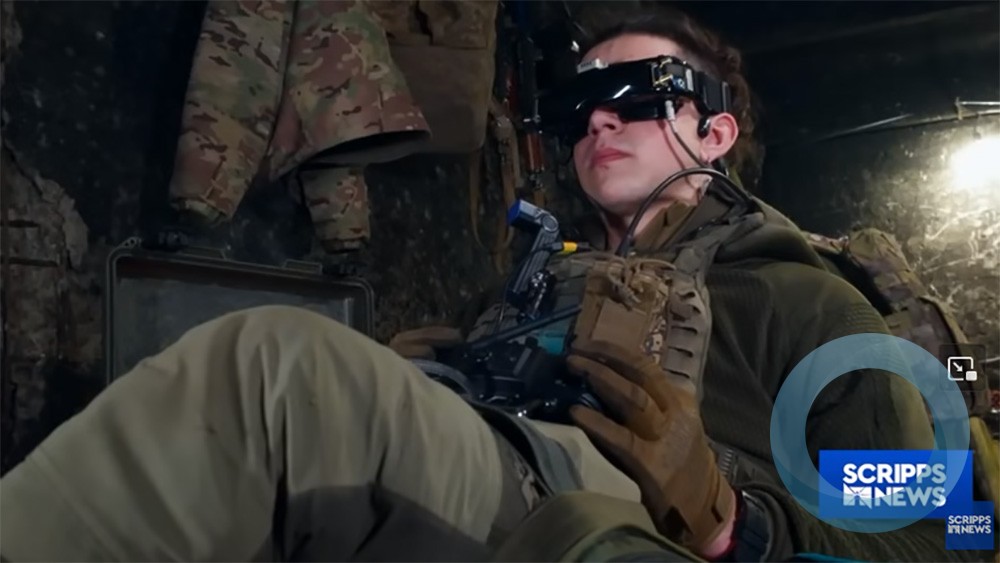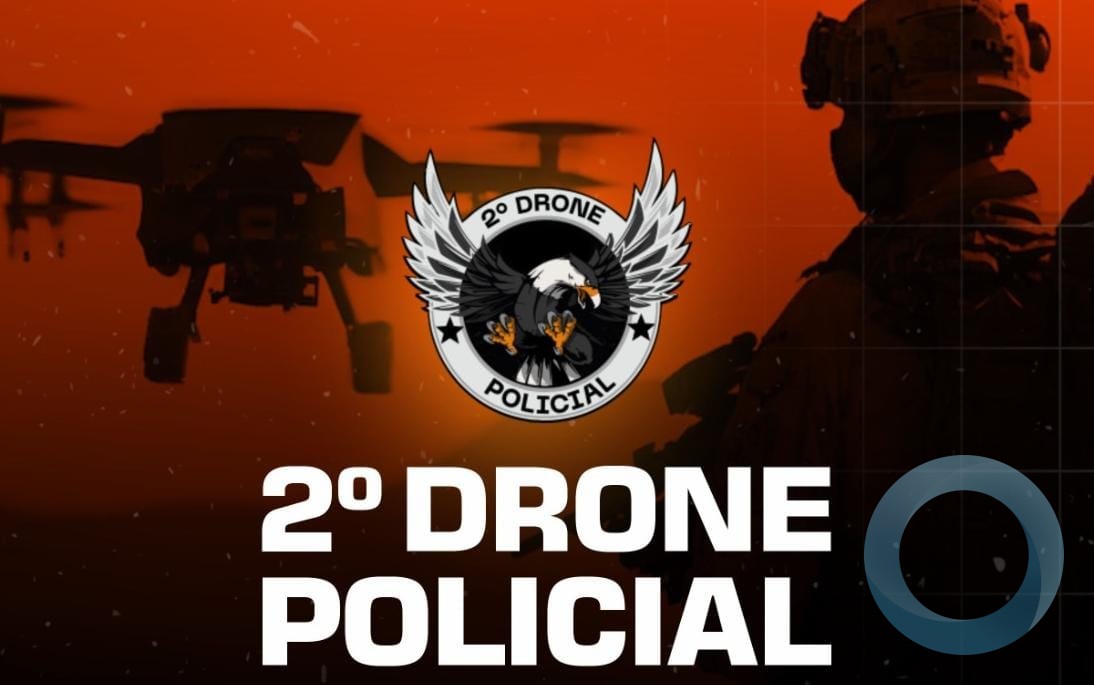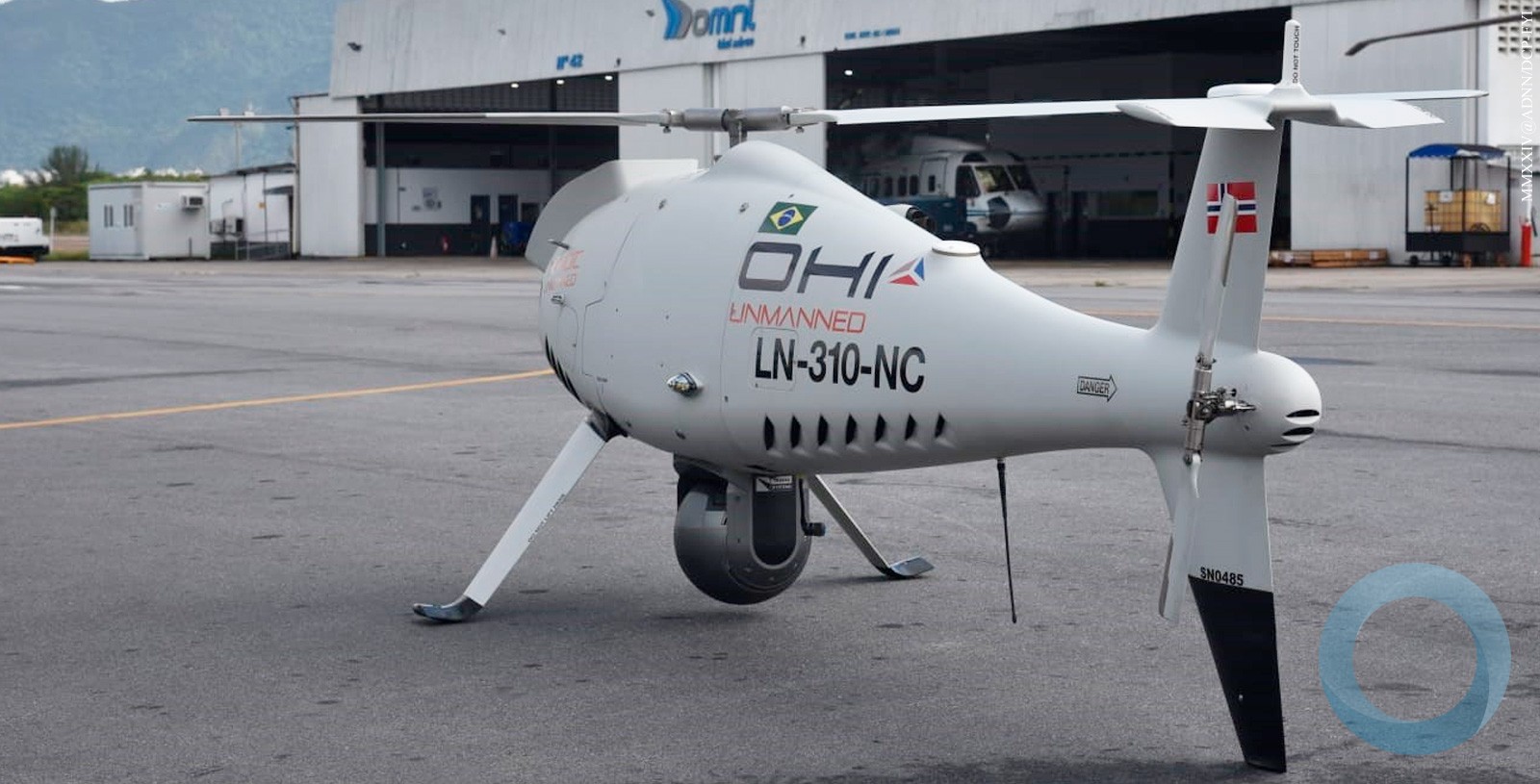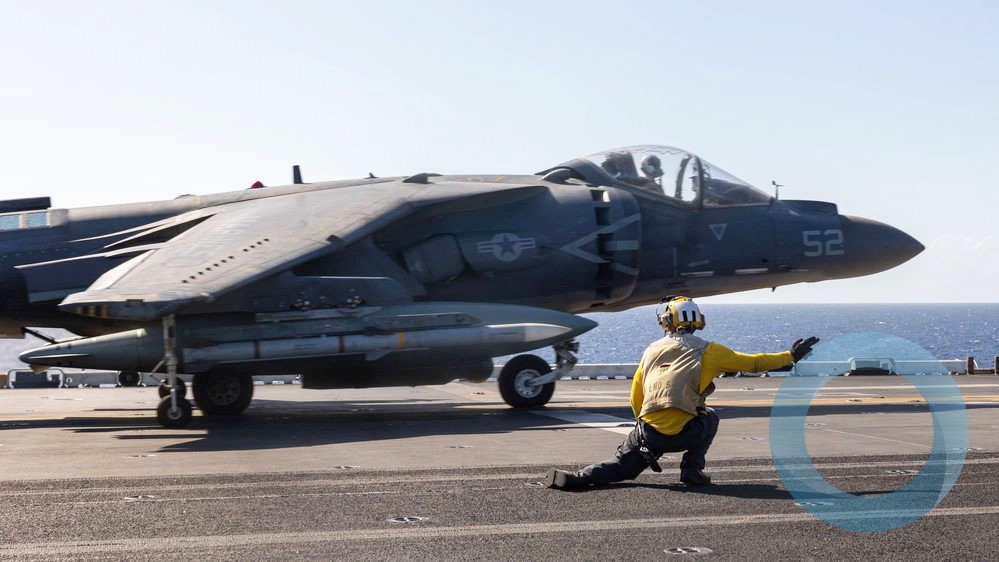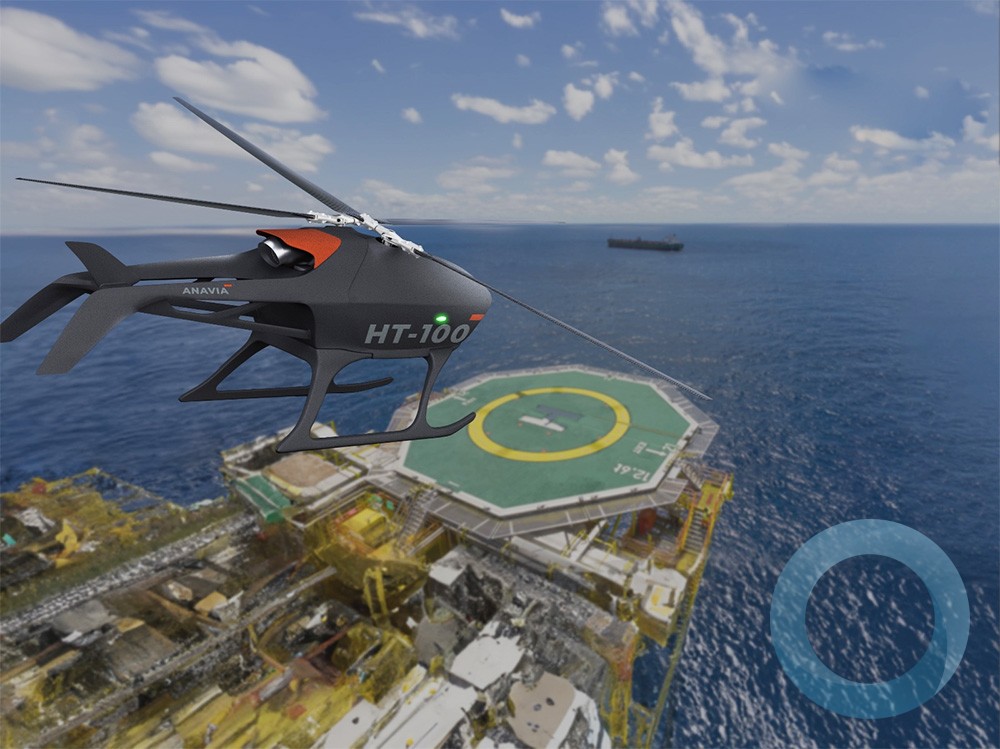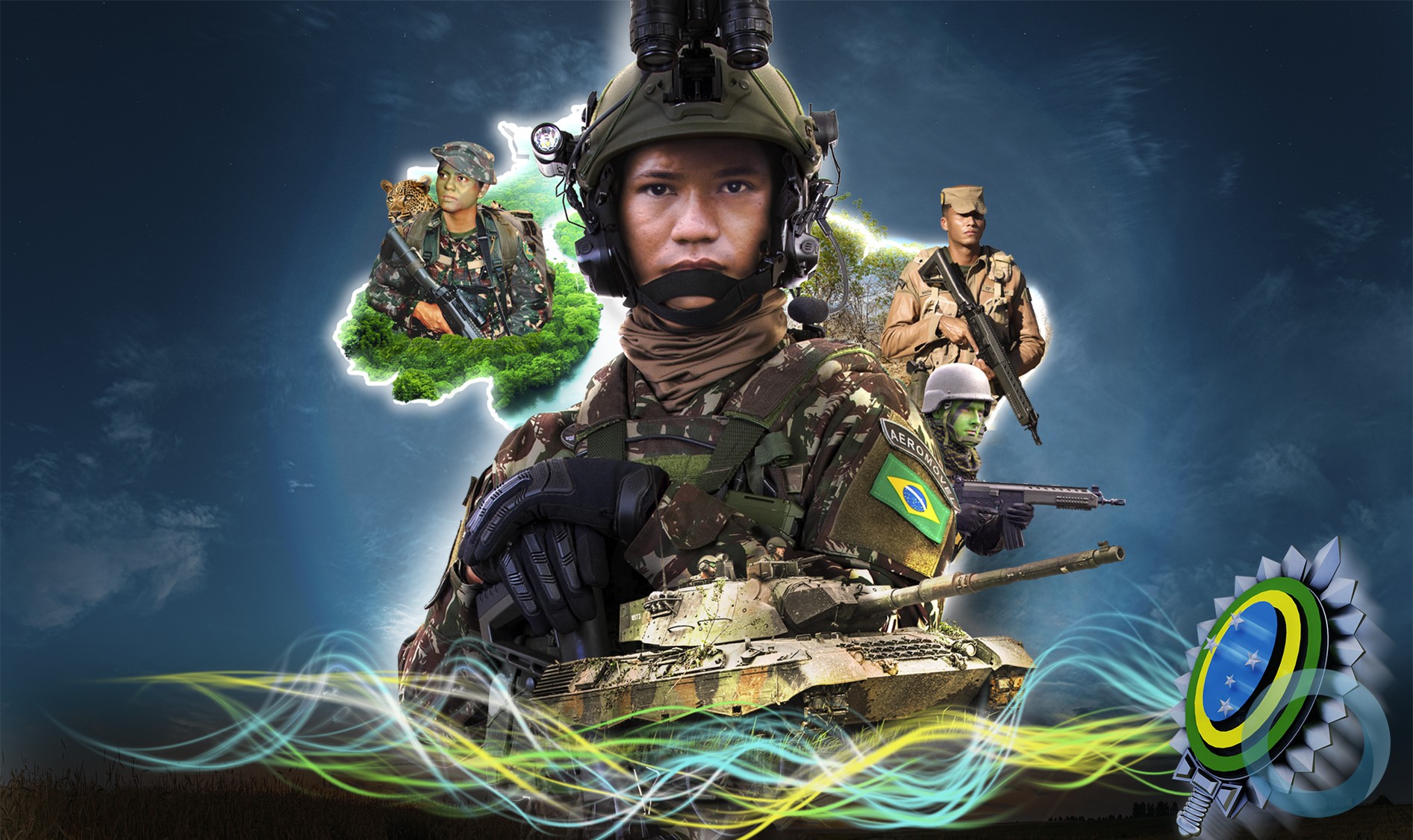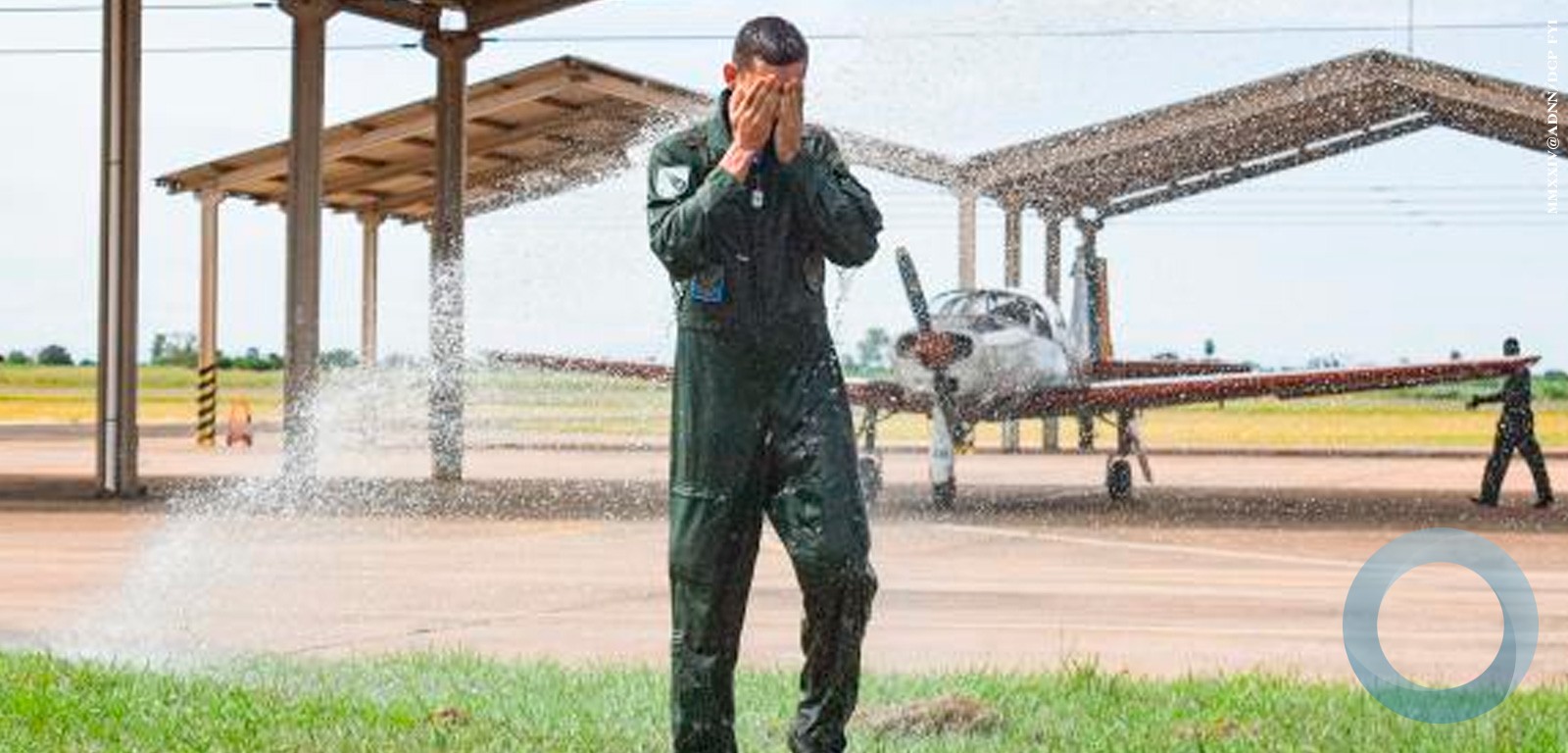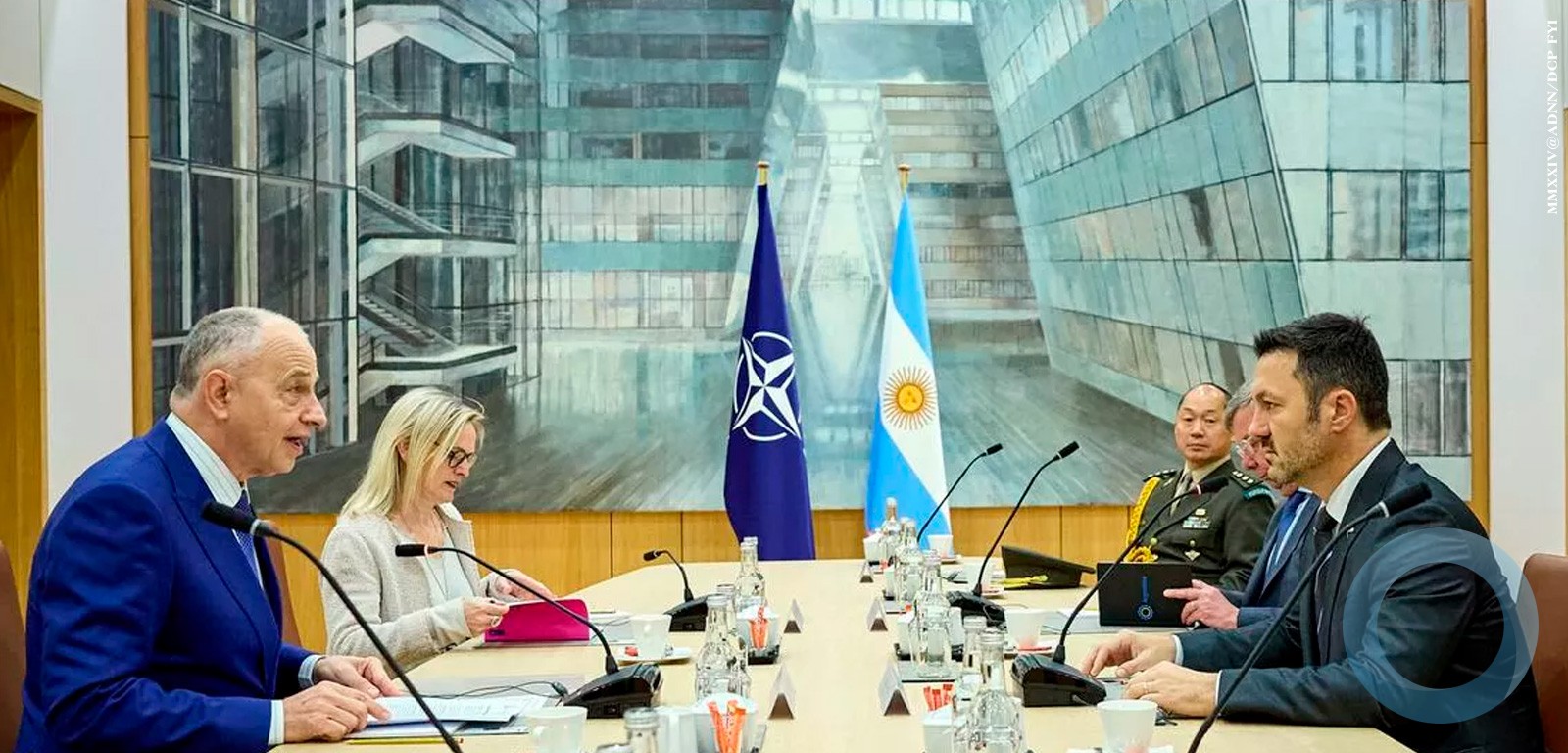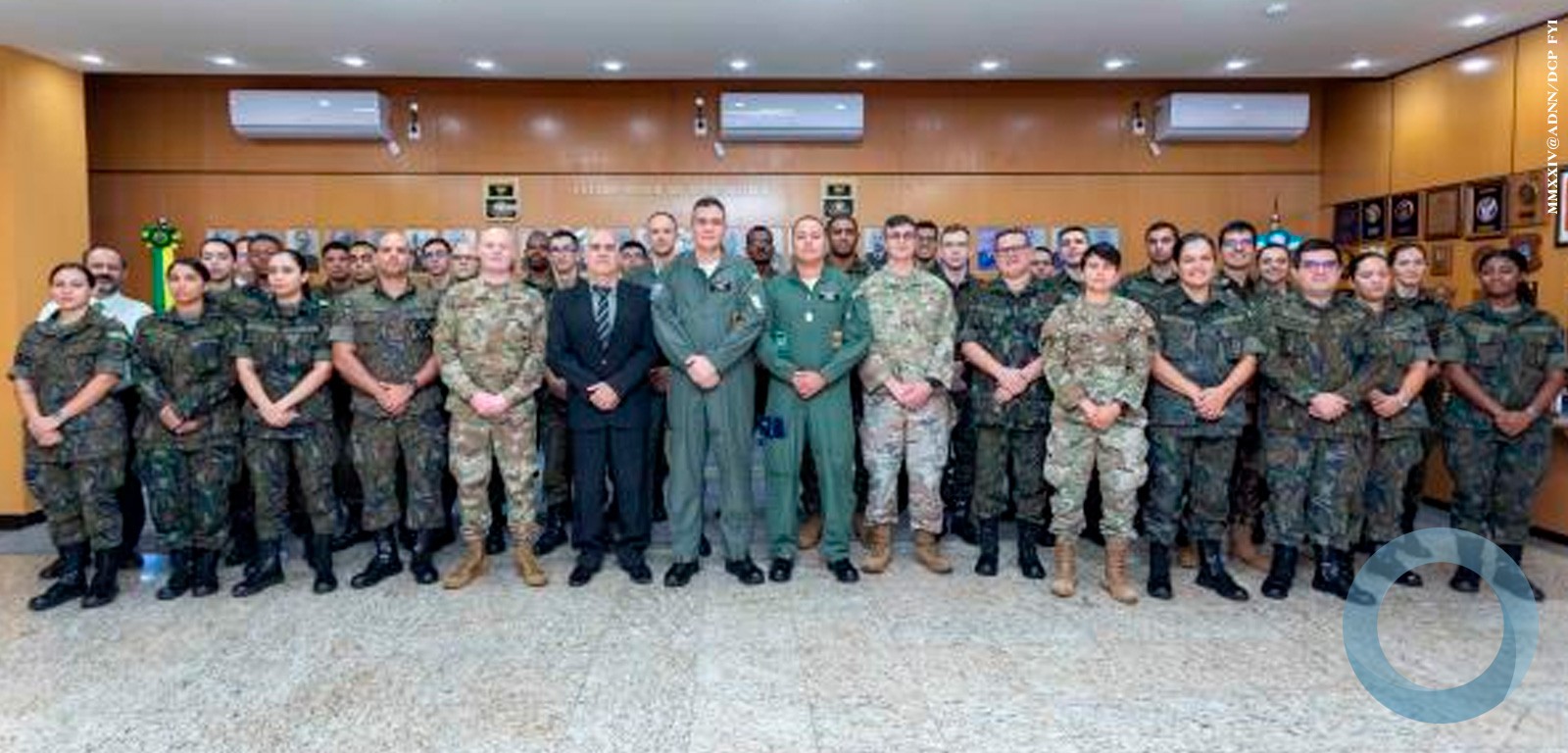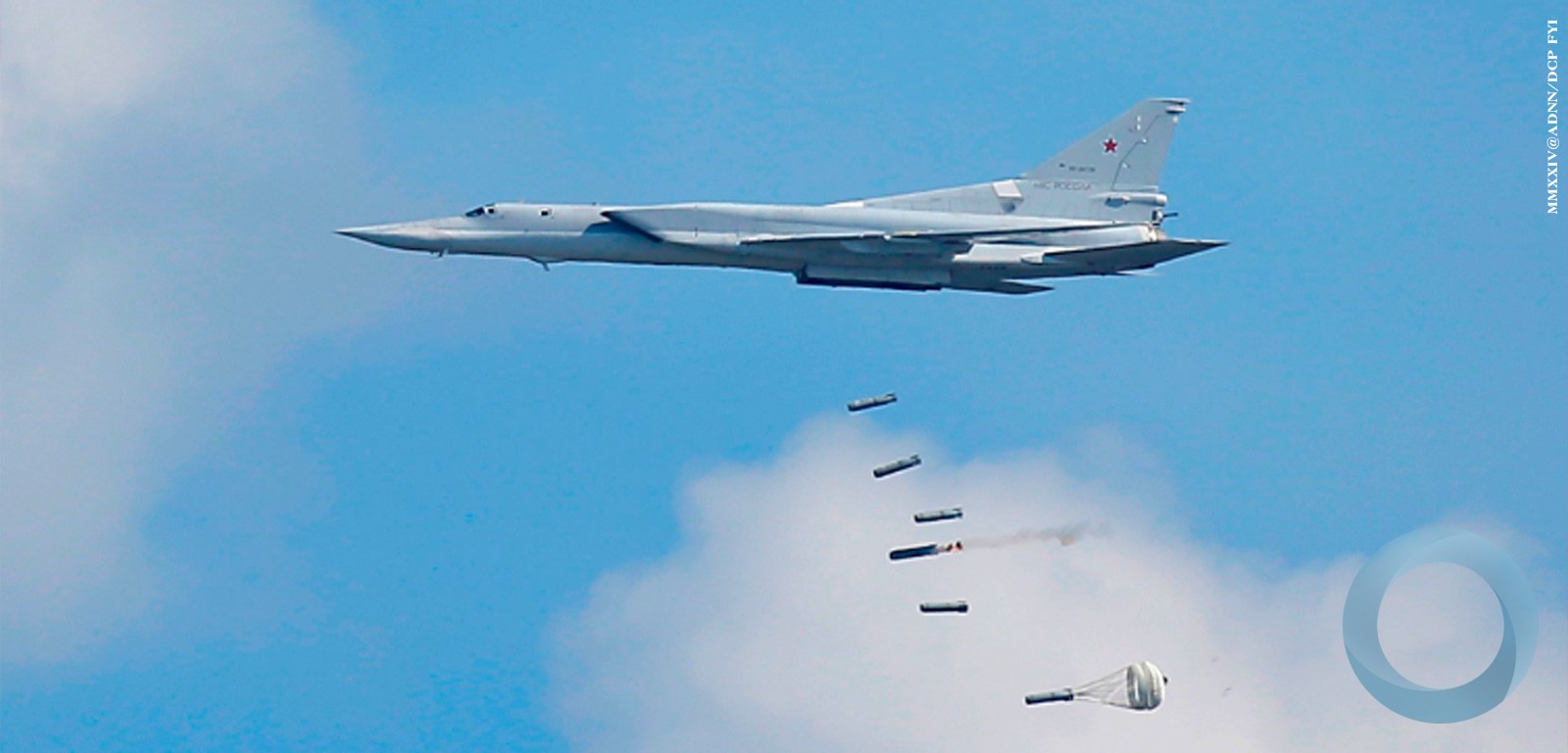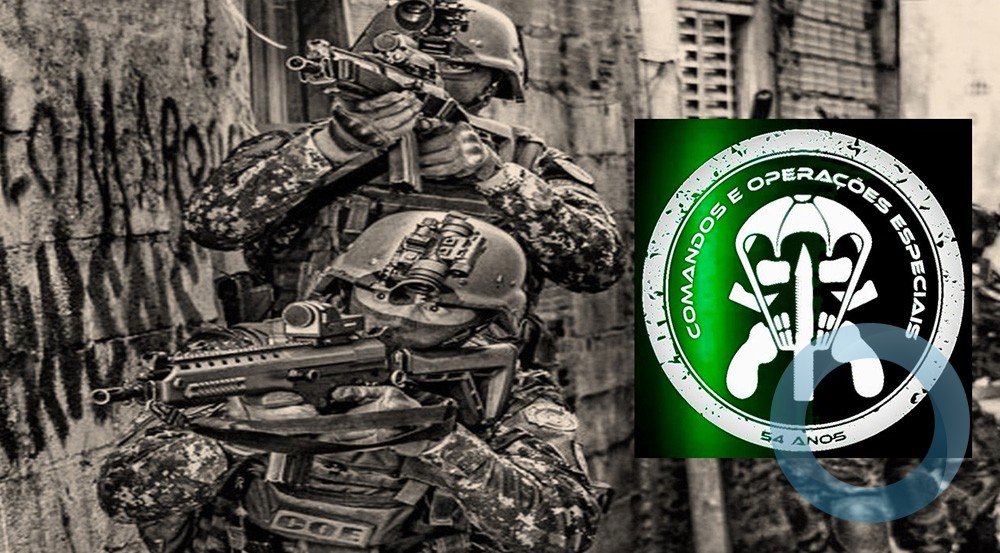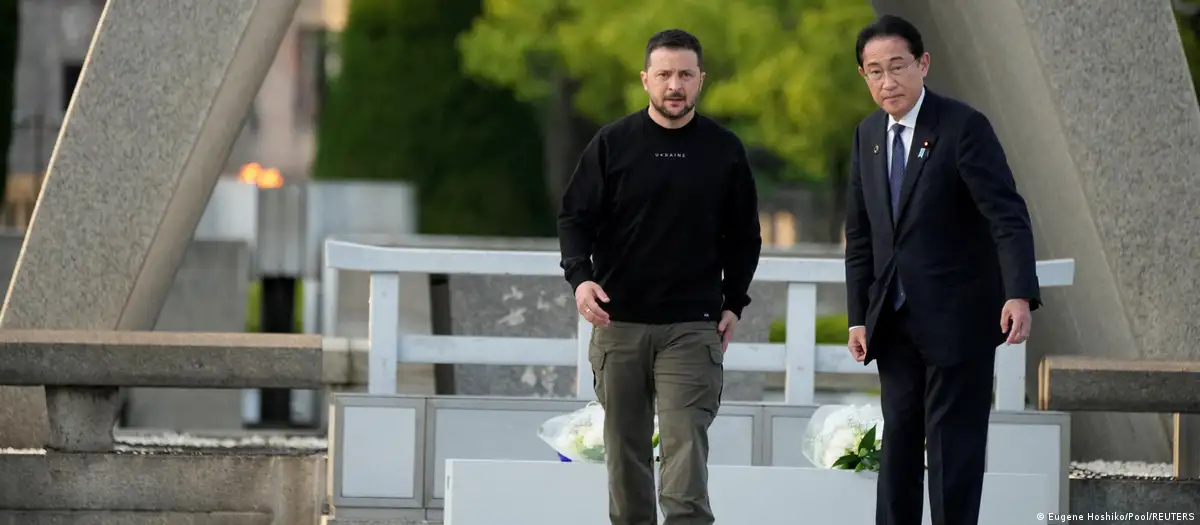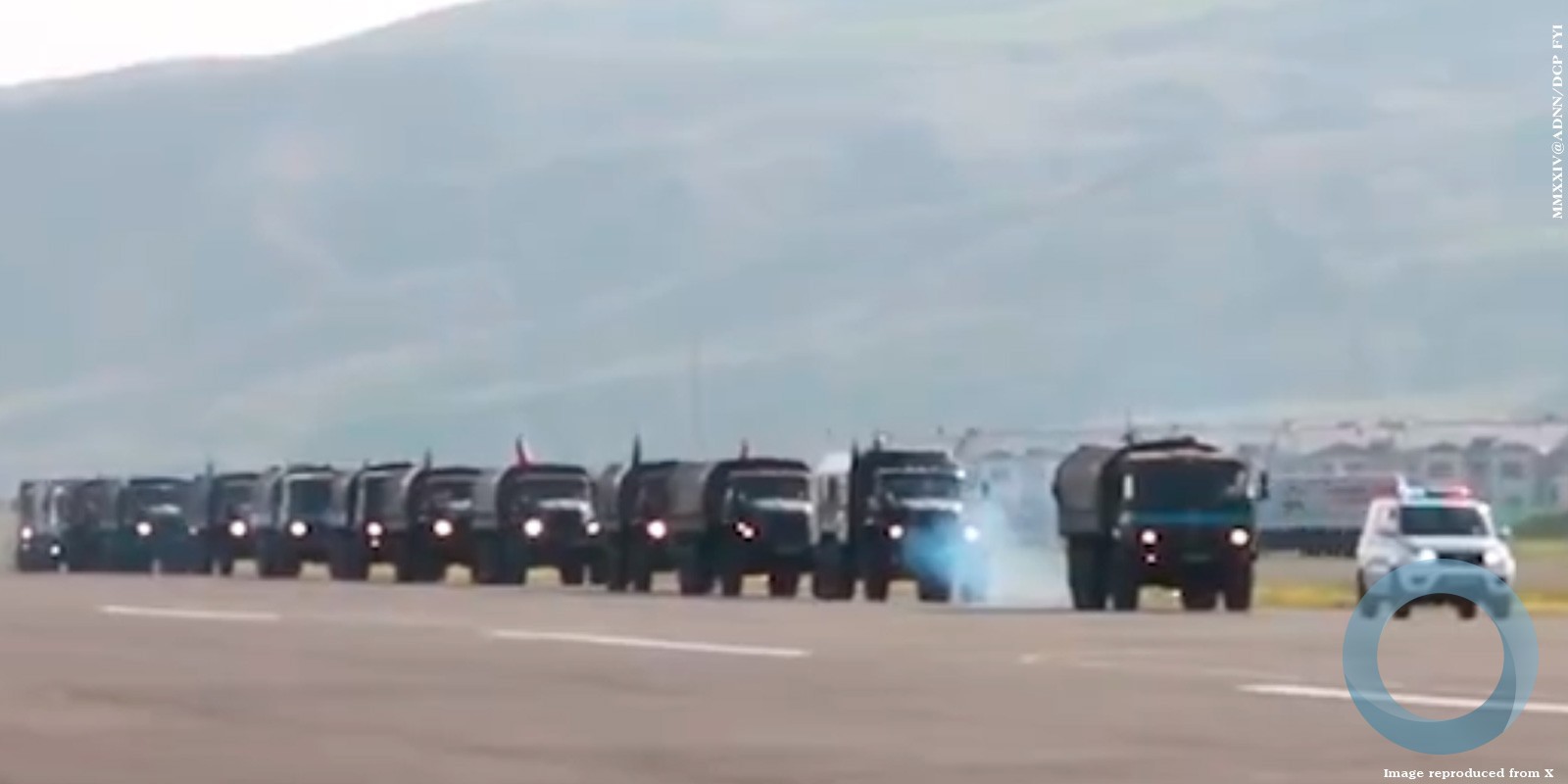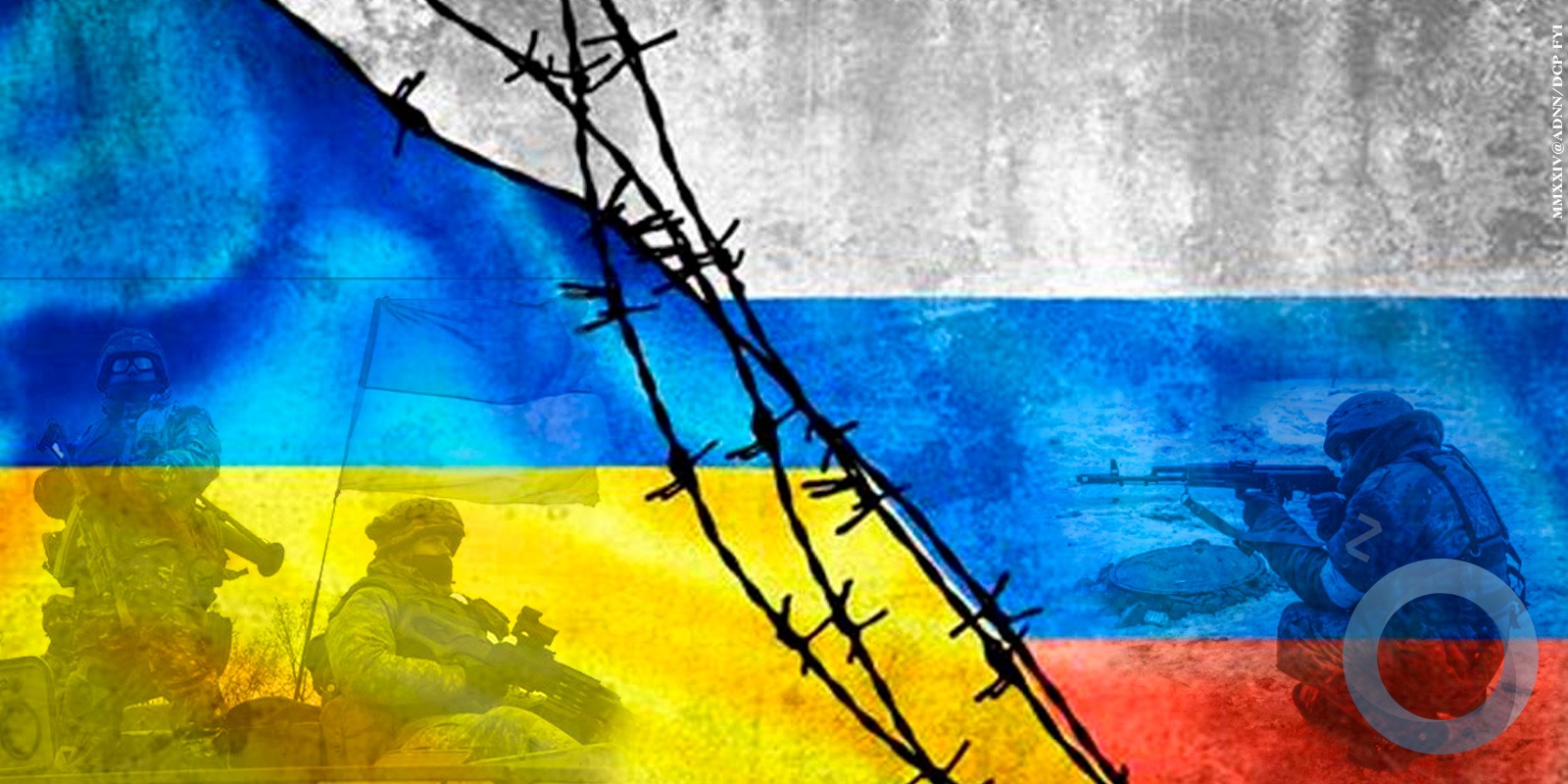Heather Linebaugh, ex-operadora de aviões não tripulados do exército norte-americano, publicou diversas críticas ao uso das aeronaves, conhecidas como drones. Em artigo no site do jornal britânico The Guardian, Linebaugh afirma que o público precisa saber o que realmente acontece quando os drones são utilizados pelo exército, e disse que os políticos que defendem o uso das aeronaves provavelmente não sabem quais são suas principais consequências.
A norte-americana serviu a aeronáutica dos Estados Unidos de janeiro de 2009 até março de 2012 e foi operadora de drones durante as invasões do Iraque e do Afeganistão.
Linebaugh chama a atenção para a falta de informações sobre mortes causadas diretamente pelo uso de drones. "Os militares norte-americanos e britânicos insistem que este é um programa seguro, mas é curioso como eles sentem a necessidade de fornecer informações incompletas (sobre o uso dos drones), pouca ou nenhuma estatística sobre as mortes de civis e relatórios destorcidos sobre a capacidade tecnológica das aeronaves", ela afirma.
A ex-operadora de drones também fala sobre a dificuldade de identificar um alvo utilizando o vídeo fornecido pelas aeronaves. A intenção é que, por meio das filmagens, os drones, com a ajuda da operação humana, identifiquem e ataquem possíveis ameaças a segurança. "O vídeo fornecido pelo drone normalmente não é nítido o suficiente para detectar alguém carregando uma arma, mesmo em condições perfeitas de luz". Linebaugh diz ter ficado "constantemente confusa" durante o trabalho, sem nunca saber se havia matado a pessoa certa ou atingido o alvo desejado. Ela afirma que o sentimento de dúvida é comum entre os operadores das aeronaves não tripuladas.
"Os drones no Oriente Médio são usados como armas, não como proteção, e enquanto o público continuar ignorante sobre o assunto, esta ameaça séria a vida humana vai continuar", alerta Linebaugh.
Na íntegra texto do Jornal The Guardian – Publicado em 29 de Dezembro de 2013
I worked on the US drone program.
The public should know what really goes on
Few of the politicians who so brazenly proclaim the benefits of drones have a real clue how it actually works (and doesn't)
Whenever I read comments by politicians defending the Unmanned Aerial Vehicle Predator and Reaper program – aka drones – I wish I could ask them a few questions. I'd start with: "How many women and children have you seen incinerated by a Hellfire missile?" And: "How many men have you seen crawl across a field, trying to make it to the nearest compound for help while bleeding out from severed legs?" Or even more pointedly: "How many soldiers have you seen die on the side of a road in Afghanistan because our ever-so-accurate UAVs [unmanned aerial vehicles] were unable to detect an IED [improvised explosive device] that awaited their convoy?"
Few of these politicians who so brazenly proclaim the benefits of drones have a real clue of what actually goes on. I, on the other hand, have seen these awful sights first hand.
I knew the names of some of the young soldiers I saw bleed to death on the side of a road. I watched dozens of military-aged males die in Afghanistan, in empty fields, along riversides, and some right outside the compound where their family was waiting for them to return home from the mosque.
The US and British militaries insist that this is an expert program, but it's curious that they feel the need to deliver faulty information, few or no statistics about civilian deaths and twisted technology reports on the capabilities of our UAVs. These specific incidents are not isolated, and the civilian casualty rate has not changed, despite what our defense representatives might like to tell us.
What the public needs to understand is that the video provided by a drone is not usually clear enough to detect someone carrying a weapon, even on a crystal-clear day with limited cloud and perfect light. This makes it incredibly difficult for the best analysts to identify if someone has weapons for sure. One example comes to mind: "The feed is so pixelated, what if it's a shovel, and not a weapon?" I felt this confusion constantly, as did my fellow UAV analysts. We always wonder if we killed the right people, if we endangered the wrong people, if we destroyed an innocent civilian's life all because of a bad image or angle.
It's also important for the public to grasp that there are human beings operating and analysing intelligence these UAVs. I know because I was one of them, and nothing can prepare you for an almost daily routine of flying combat aerial surveillance missions over a war zone. UAV proponents claim that troops who do this kind of work are not affected by observing this combat because they are never directly in danger physically.
But here's the thing: I may not have been on the ground in Afghanistan, but I watched parts of the conflict in great detail on a screen for days on end. I know the feeling you experience when you see someone die. Horrifying barely covers it. And when you are exposed to it over and over again it becomes like a small video, embedded in your head, forever on repeat, causing psychological pain and suffering that many people will hopefully never experience. UAV troops are victim to not only the haunting memories of this work that they carry with them, but also the guilt of always being a little unsure of how accurate their confirmations of weapons or identification of hostile individuals were.
Of course, we are trained to not experience these feelings, and we fight it, and become bitter. Some troops seek help in mental health clinics provided by the military, but we are limited on who we can talk to and where, because of the secrecy of our missions. I find it interesting that the suicide statistics in this career field aren't reported, nor are the data on how many troops working in UAV positions are heavily medicated for depression, sleep disorders and anxiety.
Recently, the Guardian ran a commentary by Britain's secretary of state for defence, Philip Hammond. I wish I could talk to him about the two friends and colleagues I lost, within a year of leaving the military, to suicide. I am sure he has not been notified of that little bit of the secret UAV program, or he would surely take a closer look at the full scope of the program before defending it again.
The UAVs in the Middle East are used as a weapon, not as protection, and as long as our public remains ignorant to this, this serious threat to the sanctity of human life – at home and abroad – will continue.
• Editor's note: Heather Linebaugh does not possess any classified material and has honored her non-disclosure agreement since the time of her discharge.






